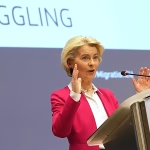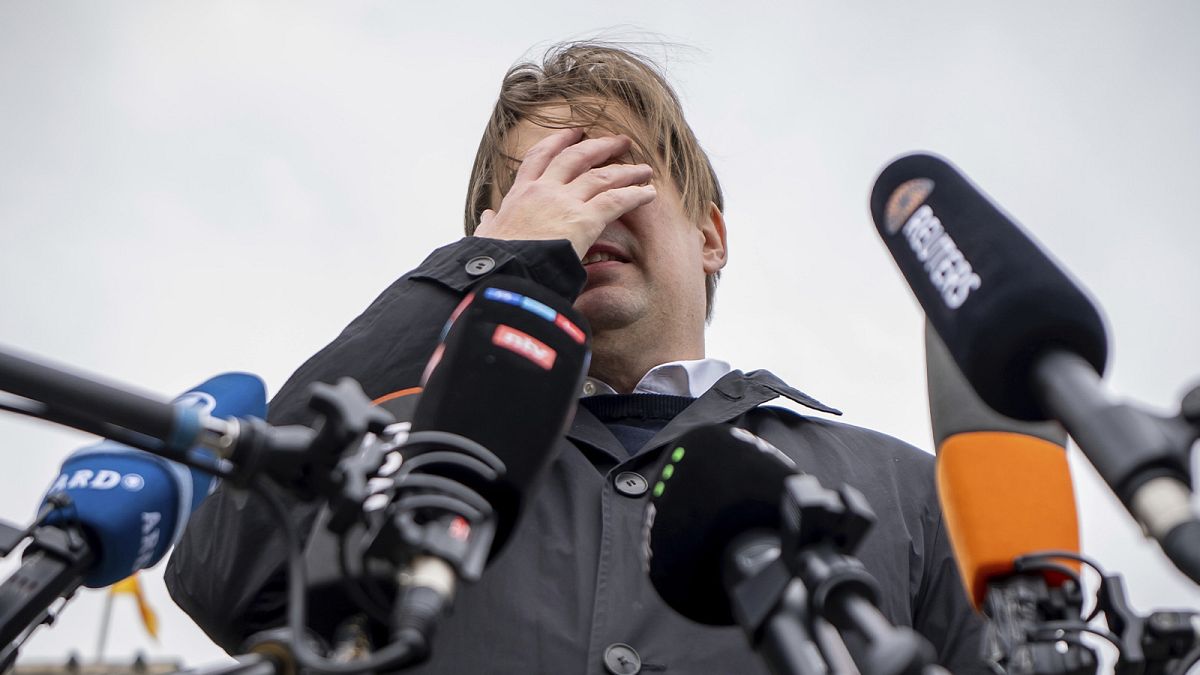The far-right Alternative for Germany (AfD) party finds itself embroiled in a series of scandals and allegations that have cast doubt on its dedication to the patriotic cause, a key point in their platform. Recent investigations have linked top AfD members to both Beijing and Moscow, leading to questions about the party’s true allegiance as the European elections loom in June. These scandals have rattled the party’s voting base, causing concerns about where their loyalty truly lies.
The AfD had high hopes for the upcoming European Parliament elections, positioning themselves as the only true German patriots. However, a series of blows to their legitimacy, including allegations of spying for China and ties to Russia, have dimmed those expectations. A recent incident involving an assistant to a top AfD candidate being arrested on suspicion of spying for Beijing, along with other investigations into potential ties to Russia, have further dented the party’s image.
The scandals have not only shaken the core narrative of the AfD as the sole patriotic force in Germany but have also led to the party’s removal from the Identity and Democracy (ID) group in the European Parliament. Other issues, such as party leaders facing trials over Nazi slogans and involvement in secret deportation plans, have further damaged the party’s credibility. Despite these setbacks, the AfD continues to try to convince voters of their allegiance to the country and the cause.
While the core voters of the AfD may remain loyal in the face of recent news, the undecided voters could be swayed away from the party due to these scandals. European Commission President Ursula von der Leyen has spoken out against the AfD, highlighting their connections to Russia and China. The upcoming European elections may also be influenced by the domestic political climate in Germany, with voters potentially using the elections as a way to express dissatisfaction with the current government.
Despite the challenges, the AfD is still expected to make gains in the upcoming European elections compared to their performance in 2019. With millions of eligible voters in Germany and residents from other EU countries, the AfD is still hoping to capitalize on their support base. However, the scandals and allegations have raised doubts about the party’s true motives and loyalty, causing concerns among both their supporters and undecided voters.
The AfD faces an uphill battle in the run-up to the European elections, with the recent scandals and allegations calling into question their commitment to the patriotic cause. While their core voters may remain loyal, the undecided voters could be swayed by the controversies surrounding the party. With the political landscape in Germany currently marked by division and dissatisfaction, the upcoming European elections could serve as a platform for voters to express their frustrations with the government and make their voices heard. Despite the challenges, the AfD is still expected to make gains, but the recent events have certainly changed the dynamics of the election campaign for the far-right party.











